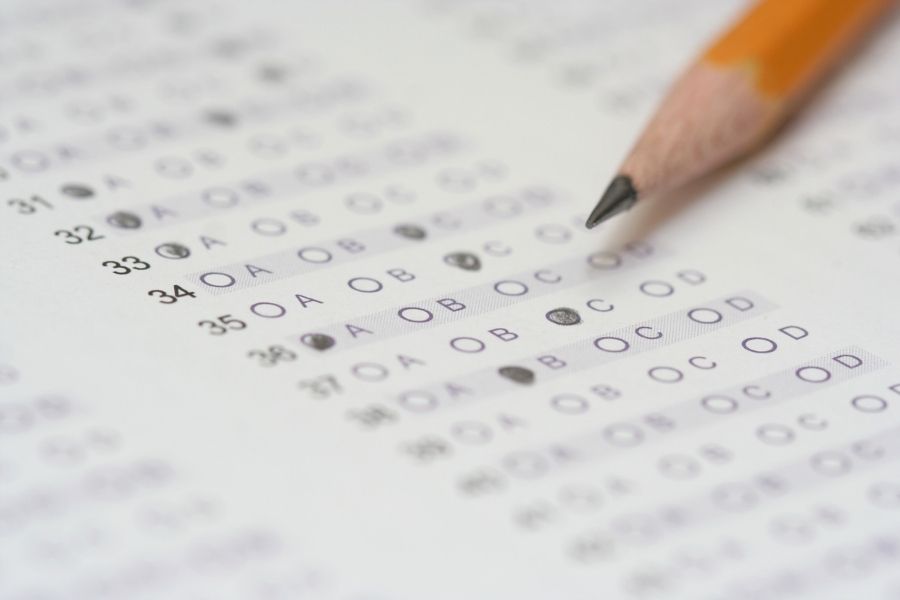Marking assessments and giving student feedback is crucial to educational practice. This single element contributes significantly to student learning. Teacher feedback is fluid and flexible via comments spoken or written, assessment criteria, rubrics or checklists. Effective feedback is designed to find a student’s level of understanding and inform them of the next steps towards achieving their learning goals. Extensive educational research has consistently found that for feedback to be most effective it needs to be timely, specific, correct misunderstandings, reinforce student’s strengths, provide information about how to improve while informing them of future learning opportunities. Marking is integral to teaching but can be exhausting, time consuming and yet truly rewarding. Delivering effective feedback consistently takes many hours and is not always humanly possible.
The innovation of automated marking enables teachers to work smarter. Using technology to automatically correct assessments is a long-awaited addition to our profession. Automated marking delivers more precise, faster and specific feedback than any experienced teacher. Reducing the feedback loop to an immediate response rate brings enormous benefits to both teachers and students. By eradicating hundreds of hours of marking teachers have more energy and mental space to target their teaching and to develop differentiated learning plans. Reducing manual and administrative tasks for teachers allows them to engage in social educational activities that computers cannot support. No matter how good the technology is, it cannot substitute the humanity of teaching.
Neap is market leading with this innovative inclusion for HSC and VCE teachers. Neap digital tests are now all automatically corrected and provide teachers with rigorous and personalised data about individual and class performance. The feedback loop is immediate for every test. Teachers receive data that allows deep insights to their students learning. The students receive feedback that is specific, offers solutions to misunderstandings and celebrates their achievements. Data can be used to inform teacher decisions and promote evidence based planning and personalised goals. Being able to provide consistent quality feedback to Year 11 and 12 students encourages pedagogical shifts that support student agency and strong student learning. Automated correction empowers teachers to genuinely support student engagement and have a lasting impact on students achieving their goals.



